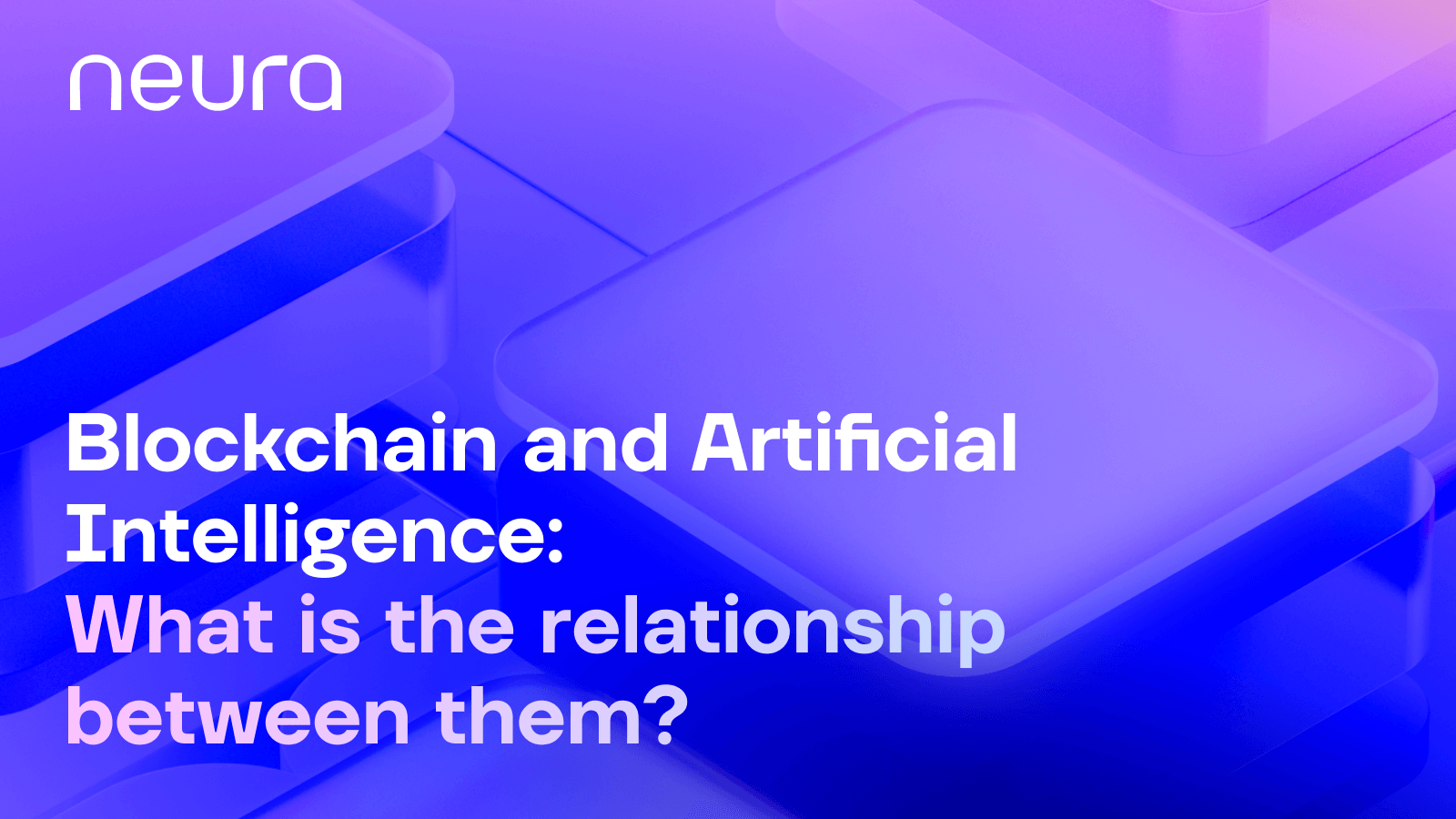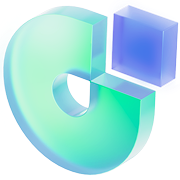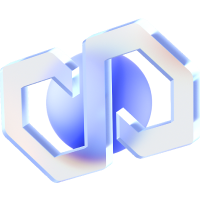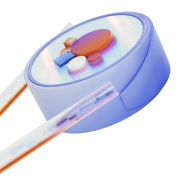Blockchain and Artificial Intelligence: What’s the Relationship Between Them?

Kevin Dwyer
June 6, 2024
6 min read

The worlds of finance and technology have been buzzing with the transformative potential of two disruptive forces: artificial intelligence (AI) and blockchain technology. But how exactly do these two technologies interact, and what does their convergence mean for the future of staking and the broader cryptocurrency landscape?
While they are distinct technologies, blockchain and artificial intelligence can be a powerful combination when used together. Blockchain provides a secure, transparent, and tamper-proof platform for storing and managing data, while AI offers the ability to analyze vast amounts of data and extract valuable insights. This synergy between blockchain technology and artificial intelligence is unlocking a new wave of innovation across various industries.
See also: AI & Blockchain: Use Cases for Complementary Technologies
AI can play a crucial role in several aspects of blockchain technology:
- Scalability: AI algorithms can be used to optimize blockchain processes, improving transaction speeds and network efficiency. This is particularly important for proof-of-stake (PoS) blockchains, which rely on efficient transaction processing to maintain network security.
- Security: AI can be employed to detect and prevent fraudulent activity on blockchains. By analyzing transaction patterns and identifying anomalies, AI can help to thwart cyberattacks and maintain the integrity of the network. Here, the combination of artificial intelligence and blockchain for future cybersecurity applications holds immense promise.
- Data Analysis: AI can be used to analyze vast amounts of data stored on blockchains, extracting valuable insights for businesses and stakeholders. This data can be used to identify trends, optimize operations, and make better-informed decisions.
- Smart Contracts: AI can be integrated with smart contracts to enhance their functionality. AI-powered smart contracts can be programmed to learn and adapt based on real-world data, enabling more complex and dynamic applications.
Can We Combine Blockchain and AI?
Absolutely! The marriage of artificial intelligence and blockchain has the potential to revolutionize various sectors. Here are some of the benefits of this powerful combination:
- Enhanced Security: By combining AI's analytical prowess with blockchain's tamper-proof nature, we can create more robust and secure systems, particularly relevant for future cybersecurity applications.
- Improved Efficiency: AI can automate tasks and streamline processes on blockchains, leading to faster transaction times and lower operational costs.
- Data-Driven Decision Making: AI can analyze data stored on blockchains to generate valuable insights, empowering businesses to make more informed decisions.
- Decentralized AI Platforms: Blockchain technology can be used to create decentralized AI platforms that are not controlled by any single entity. This can help to democratize access to AI and ensure its fair and ethical use.
How Artificial Intelligence Could Help With Blockchain Scalability
Scalability is a major challenge for many blockchains, particularly those that rely on proof-of-work (PoW) consensus mechanisms. AI can help address this challenge by:
- Optimizing Consensus Mechanisms: AI algorithms can be used to develop more efficient consensus mechanisms that can handle a higher volume of transactions.
- Data Sharding: AI can be used to ideate new ways of sharding data across the blockchain network, which can improve transaction processing speeds.
- Dynamic Block Size Adjustment: AI could be used to build ways of dynamically adjusting the size of blocks based on network traffic, ensuring optimal network performance.
Understanding the Interoperability Between Blockchain and AI Platforms
One of the key challenges in unlocking the full potential of artificial intelligence blockchain and the platforms of the future is ensuring interoperability between blockchain and AI platforms. This will require the development of standardized protocols and APIs that allow seamless communication between these two technologies.
Blockchain-Based AI Marketplaces
The convergence of AI and blockchain is paving the way for the emergence of blockchain-based AI marketplaces. These marketplaces will allow users to buy, sell, and share AI models and data in a secure and transparent manner. This can democratize access to AI resources and foster innovation in the field.
Neura: The Blockchain Built for AI
Neura was engineered to solve some of the most pressing challenges AI developers face when bringing new projects to market. Neura will offer foundational infrastructure for AI x blockchain startups, offering access to decentralized GPU resources, crypto-based crowdfunding, and on-chain AI operations. For the first time, Neura provides a fusion of cloud computing, AI, and Web3 technologies to transform the way AI companies are able to deploy, train models, and operate – on the blockchain.
Scaling GPU Resources to Any Demand
Decentralized GPU Marketplace: At the heart of Neura lies a dynamic marketplace that empowers developers with scalable access to GPU resources, crucial for AI and blockchain computations. This ecosystem democratizes access to computational power, bridging the gap between GPU providers and developers.
Creating new funding & economics for AI
Initial Model Offerings (IMOs): Neura's groundbreaking funding mechanism, the IMO, enables AI projects to secure investment and computational resources via the blockchain. This innovation represents a significant leap forward in blockchain-based AI development, offering a sustainable growth pathway for emerging technologies.
- AI Token Sales: Although ANKR is Neura's universal gas token, AI projects can launch their own cryptocurrencies on the network to enable collective project ownership, AI model usage payments, and other functionality.
- Fractionalized Ownership: Utilizing ERC-404 tokens, Neura enables fractional ownership of projects, facilitating powerful new business models for AI
- Revenue Sharing: Share profits from AI usage automatically using ERC-7641 tokens and spread rewards to contributors and investors.
Offering More Efficient Data Handling
Decentralized Storage Solutions: By employing cutting-edge off-chain storage solutions like EigenLayer, Celestia, Arweave, and IPFS, Neura ensures efficient and secure data storage. However, the Neura blockchain is critical for ensuring The blockchain's role is crucial in maintaining data integrity and establishing Neura as a robust platform for data-intensive AI and blockchain applications.
Blockchain and Artificial Intelligence: Future Trends and Potential Applications
The future of artificial intelligence and blockchain technology is brimming with possibilities. Here are some potential applications of this dynamic duo:
Proof of Personhood:
- AI for Identity Verification: Blockchain can store personal data securely, while AI can analyze biometric data (facial recognition, fingerprints) to verify a person's identity when claiming ownership of their blockchain address. This eliminates the need for third-party verification and reduces the risk of identity theft.
Machine-to-Machine Payments (M2M):
- Smart Contracts with AI Negotiation: Blockchain's smart contracts can automate transactions between machines based on pre-defined rules. AI can be integrated to allow machines to negotiate terms within those rules, optimizing resource allocation and pricing for M2M transactions (e.g., self-driving cars paying for tolls).
Next-Generation Business Automation:
- AI-powered Workflows on Blockchain: Smart contracts can be programmed with AI algorithms to automate complex business processes. AI can analyze data stored on the blockchain to make real-time decisions and trigger actions within the smart contract, streamlining workflows and reducing human error.
Final Thoughts
It's important to remember that this technology is still evolving. Challenges like ensuring responsible AI development and addressing potential algorithm biases need to be considered. However, this powerful duo's potential benefits are vast and promise a more secure, efficient, and automated future.
Join the Conversation on Ankr’s Channels!
Twitter | Telegram | Discord | YouTube | LinkedIn | Instagram | Reddit | All Links




